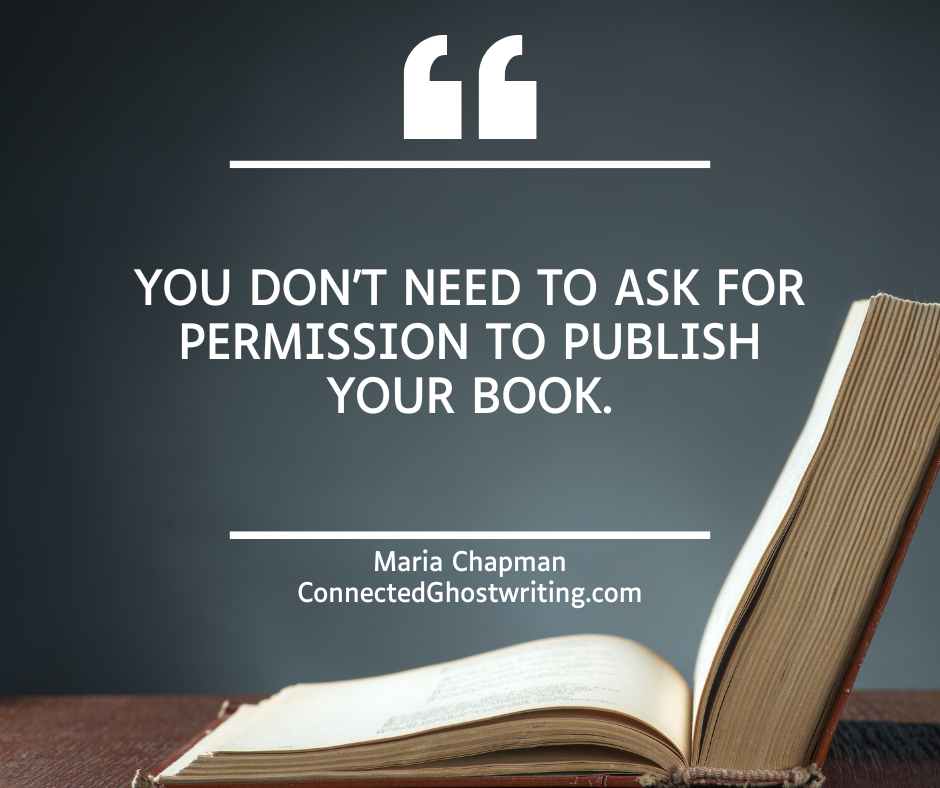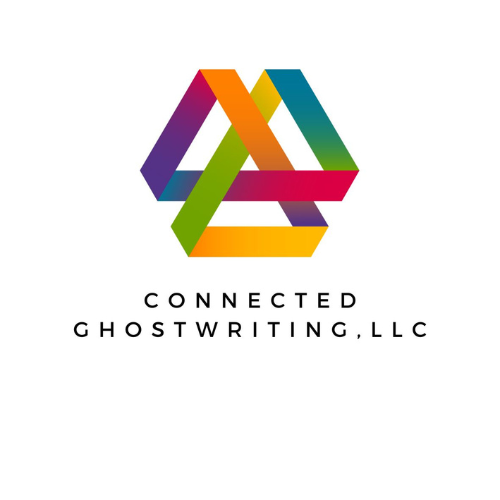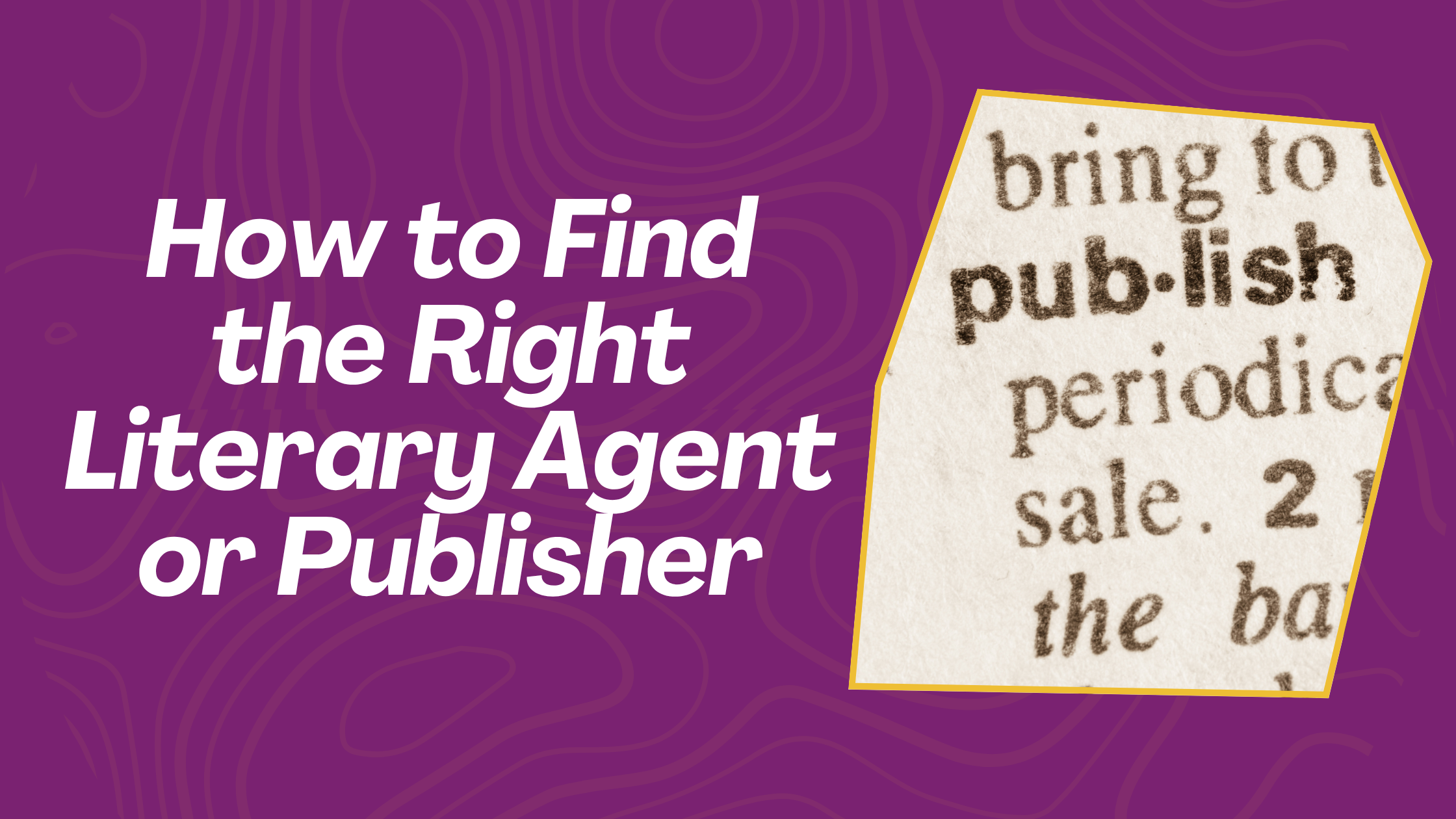Many people think writing a book is the hard part. I’d argue that when you finish writing you’re only about a quarter of the way done. Next, your book needs some help launching into the world. Start looking for agents whether you have a full manuscript or a proposal . . . finding the right fit can take time.
I remember the first time I started looking for agents and publishers. It felt like the world of book-building was cryptic and required some secret access code I wasn’t privy to. I stalked Instagram and Twitter (this was before X became a thing) and eventually attended a webinar by Carly Watters of P.S. Literary Agency and learned about some industry tools and started formulating a plan for query and proposal.
If you want to explore traditional publishing, especially with the big five publishers, a literary agent is necessary. Many publishers won’t even look at your work if you aren’t represented by an agent. The independent publishers who won’t require you to have an agent still want a query and proposal, and you can find them using the tools I’ll share later on in this blog.
You might be wondering:
How do I find literary agents who represent nonfiction?
Is there a directory of agents who actually respond to new writers?
What exactly is Publishers Marketplace, and do I need it?
This guide will walk you through the process of identifying agents or publishers who are the best match for your work and your goals.
You Are Looking for Alignment, Not Approval
Let’s get one thing straight right from the start.
You are not asking for permission to publish your book.
You actually don’t need that. You are not begging to be chosen. You are seeking a professional match. The right agent is someone who understands your voice, sees your book’s potential, and wants to partner with you. You are not trying to impress a gatekeeper. You are inviting collaboration with someone who can help you reach your readers.

Step One: Understand Your Genre, Category, and Audience
Agents do not represent books in general. They specialize in specific categories. Your job is to know exactly where your work fits in the publishing landscape. Is it prescriptive nonfiction? Narrative memoir? Hybrid essay collection? Trauma-informed leadership?
Be clear. Be specific. If you describe your book as “general nonfiction,” that will be a red flag to most agents.
Use comparable titles to help position your work. For example, you might say your book blends the clinical clarity of The Body Keeps the Score with the personal storytelling of Heavy: An American Memoir. That kind of comparison shows that you know where your book belongs on a shelf.
Step Two: Search for a Literary Agent or Publisher Strategically Using Professional Tools
Here are three of the most effective tools for identifying potential literary agents and publishers:
Manuscript Wish List
Manuscript Wish List is a searchable database of agent preferences. You can use keywords that reflect your subject matter, audience, or style. You might find an agent who is specifically looking for a nonfiction book on burnout or an author with a background in advocacy work. When you find an agent who has named your exact theme or topic, that is a meaningful sign of alignment.
You can also search the hashtag MSWL on social media to see real-time updates from agents about what they are hoping to see in their inboxes.
QueryTracker
QueryTracker is a submission tracking platform. It lets you organize which agents you have queried, when you sent each submission, and what kind of response you received. This way you don’t accidentally send the same agent a submission twice. Many authors use it as their primary system for managing the query process. It also includes agent reviews and timeline estimates, which can be helpful.
Publishers Marketplace
This is a paid database of book deals and industry news. You can search recent deals by genre, agent, publisher, or author. If an agent recently sold a debut nonfiction book in your category, that tells you they are actively placing work like yours. You can use that information to tailor your pitch and prioritize your submission list.
Consider Publishizer: A Crowdfunding Meets Publisher-Matching Platform
If you’re writing nonfiction, especially in areas like personal development, business, health, or social impact, Publishizer might be worth exploring. It’s not a traditional agent or publisher, but rather a unique hybrid platform that helps connect authors with publishers based on reader interest.
Here’s how it works:
You submit a book proposal and run a pre-sale campaign, similar to crowdfunding. You set a goal, invite your network to pre order copies, and build momentum around your book concept. Once your campaign ends, Publishizer shares your proposal with a curated list of publishers who align with your topic and audience.
This gives you two valuable things:
- Proof of Concept – You can show potential publishers that real people are already invested in your book.
- Warm Introductions – Instead of cold querying, you may receive interest directly from publishing houses that have already reviewed your proposal and see potential.
It’s especially useful for new authors who may not yet have an agent but want to explore traditional or hybrid publishing without going the totally DIY route. Some authors use Publishizer to secure traditional book deals, while others find hybrid or boutique publishers that are a better match for their audience and style.
Important caveats:
- You’ll need to do some of your own promotional work to make the campaign successful.
- It works best for nonfiction genres that benefit from early audience-building and clear niche positioning.
If you’re writing about burnout recovery, trauma-informed practices, or another topic with strong community resonance, this kind of model can work in your favor, both as a way to get noticed and to test your message.
Step Three: Look for More than a Name
Research the agents you find. Visit their literary agency’s website. Read their bio, submission guidelines, and client list. Look at books they have represented and read reviews on Goodreads or Amazon. Check interviews in on You Tube or Publishers Weekly.
You are looking for a consistent pattern: does this agent or publisher support books with a voice like yours? Do they seem to understand the complexity and value of the kind of work you are doing?
Make sure they are legitimate. A good agent does not charge up front, and a good agency will have a visible track record.
Step Four: Personalize Every Submission
When you write your query letter, show the agent that you chose them intentionally. If you saw them speak at a conference, mention it. If you read a book they represented and it influenced your own thinking, say so.
Reference something specific from their Manuscript Wish List or recent deal history. Then clearly explain how your book fits within that scope.
Respect the submission guidelines. If they ask for a query letter and ten pages, do not send the full manuscript. If they ask for a synopsis and sample chapters, include those exactly. Following directions signals professionalism.
Step Five: Explore Small Presses and Indie Publishers
Not every book needs to go through a literary agent. Some small presses accept unagented submissions, especially for nonfiction. If your work is deeply niche or activist in nature, that path may be more accessible and aligned.
Explore platforms like Duotrope, NewPages, and Reedsy to discover independent publishers who specialize in your genre. Check each publisher’s submission guidelines and past publications. Many new authors begin here and go on to secure larger book deals later.
Self-publishing is also a valid path, especially if you have an existing audience or platform. Some authors publish on Amazon, build a reader base, and use that track record to secure future representation.
Step Six: Stay Organized and Stay Grounded
Create a spreadsheet to track your submissions. Include the literary agent’s name, agency, submission date, materials sent, response time, and any follow-up actions needed.
Do not treat rejections as personal failures. They are data points, not verdicts. Sometimes a no means “not the right fit” or “not at this moment.”
Give yourself structure and support. Take breaks. Celebrate small wins. And remember that the process of querying is a skill you are building, not a judgment on your writing.
Publishing is a Marathon, Not a Sprint
Finding the right literary agent or publisher is not about winning approval. It is about identifying a professional relationship that makes your book stronger, clearer, and more visible. The tools and research methods shared here will help you move from guessing to strategizing.
Your voice matters. Your story matters. And the right publishing partner is out there, someone who is actively looking for a book just like yours. Take your time, follow the process, and trust your work.
Do you want a tracker to help you remember who you sent queries to? Use ours!
For a query and proposal template, click here!
Need another set of eyes on your query or draft? Schedule a consultation to see how we can help.
Not sure where to start? The Book Writing Starter Kit is yours for free.


